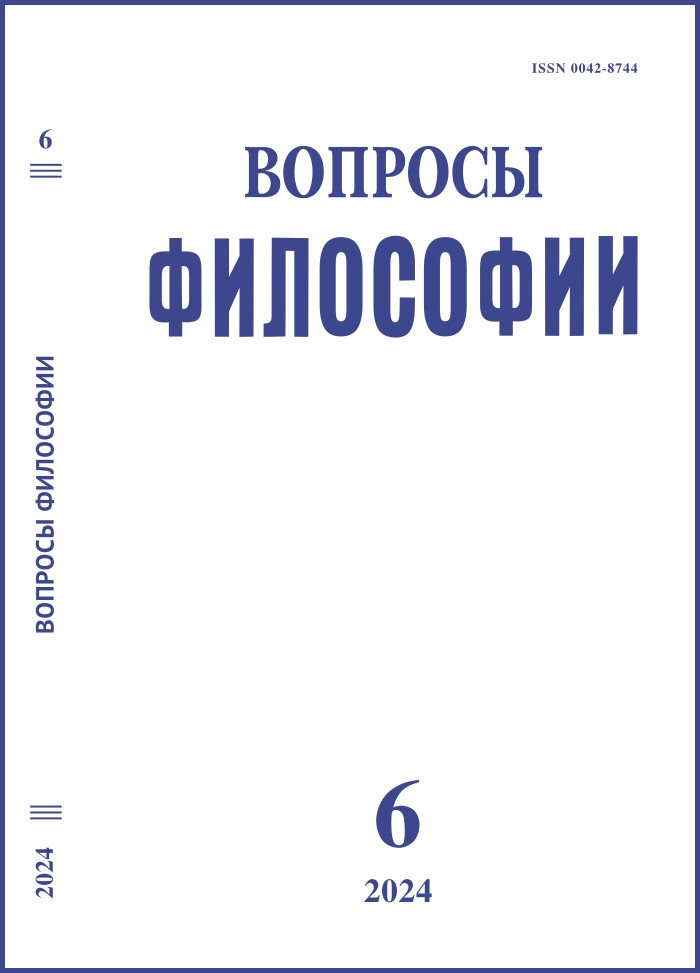The Problem of the Human Nature in the Context of the Argument against Priestly Celibacy in the 18th Century France
DOI:
https://doi.org/10.21146/0042-8744-2024-6-175-185Keywords:
melancholy, angels, the chain of beings, passions, anticlericalism, mind-body problem, antiphilosophesAbstract
The article considers the influence of the shift in the philosophy of nature and that of human nature on the understanding of clerical celibacy. The critics of celibacy argued that the whole system of the human body was inactive, which caused melancholy and affected the soul. One of the symptoms of this disease was misanthropy which was against natural sociability. The celibate priest thus found himself asocial. This argument was based on the new mechanistic metaphors of the human body and resulted from the discussion on the mind-body problem, as well as from the construction of the new systems of nature (e.g. that of Buffon and Linnaeus), which exploited the relation between the reproduction and the order of nature. The apology of celibacy affirmed that celibacy demonstrated the possibility of overcoming one’s nature and that it was a state of perfection because it imitated the nature of angels. Consequently, the celibate priest overcame the natural family relations and interests and was able to embrace all with his paternal love. This understanding of celibacy largely excluded the problem that underlies the argument against celibacy, postulating that the soul has power over the body on the basis of the (neo) Platonic view of the chain of beings. The article concludes that this discussion resulted in the construction of two incommunicable logics that describe the sacred status of the priest

